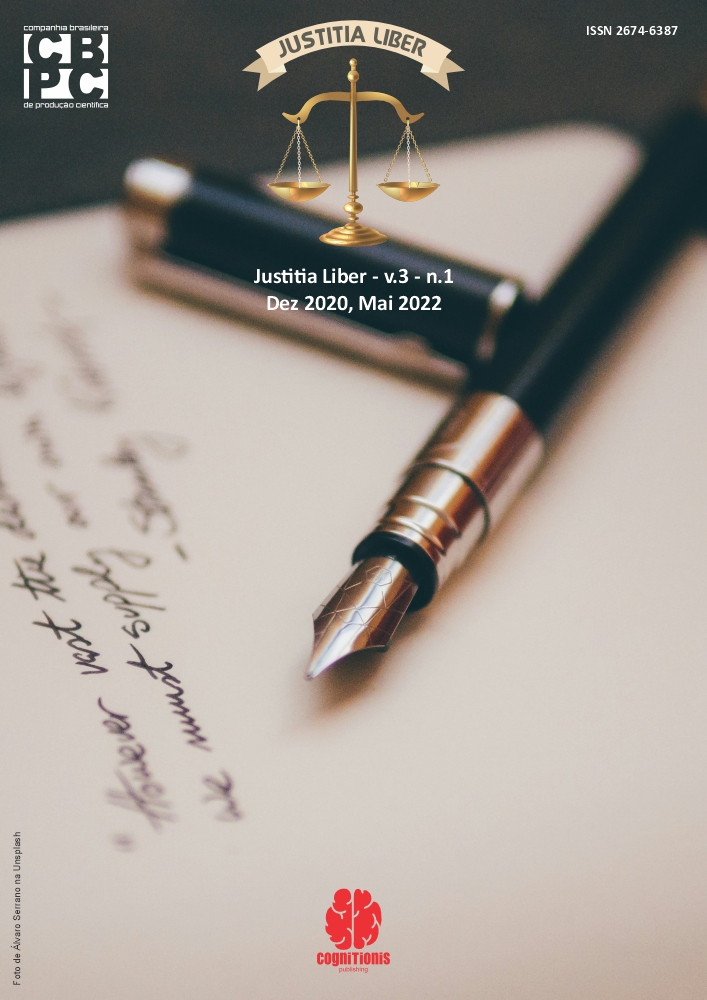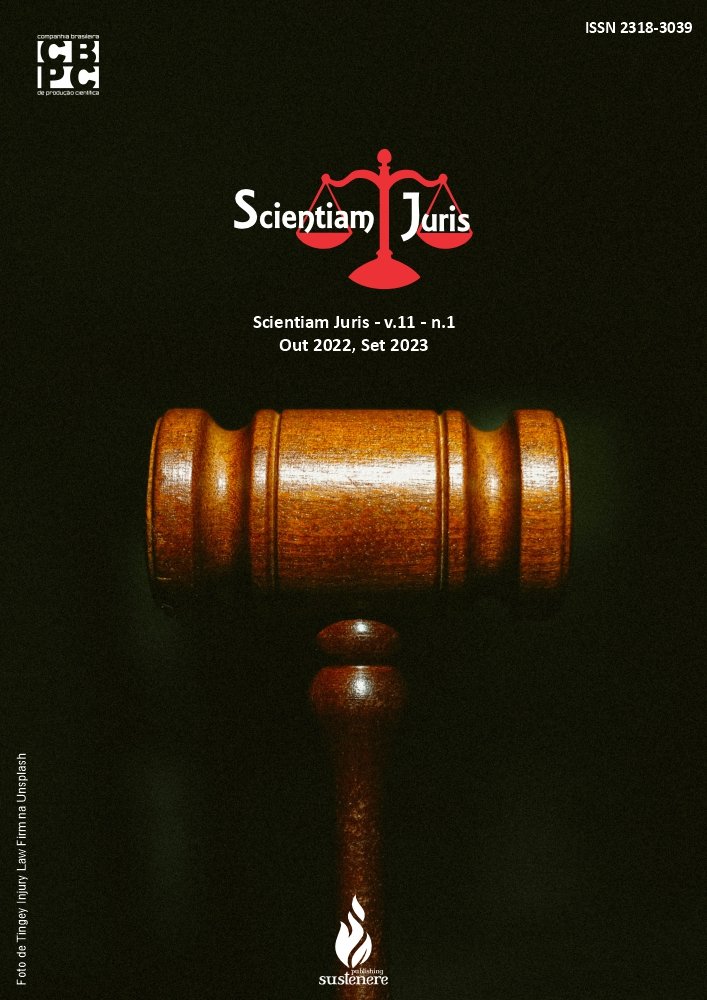Impact of changes in pension shortages: comparative analysis and practical implications post-pension reform
DOI:
https://doi.org/10.6008/CBPC2674-6409.2024.001.0002%20Keywords:
Social Security Law, Social Security Reform, Social Security Deficiency, Disability Retirement, Sickness BenefitAbstract
This article explores the impact of changes to the pension deficiency introduced by Constitutional Amendment 103/2019, known as Pension Reform. The central research problem addresses how these changes influence access to social security benefits, especially disability retirement and sickness benefit, reflecting on the challenges and complexities faced by insured people. The general objective was to understand the practical implications of these changes for policyholders and the challenges faced by social security law professionals in applying the new standards. The theoretical review of the study was structured in a comparative analysis of waiting periods rules before and after the reform, highlighting the transition from a flexible approach to a more uniform and rigorous one. This study is based on a methodology of review and discussion of literature and legislation, allowing an in-depth analysis of legal changes and their practical implications. The results indicate that, although the reform sought the sustainability of the social security system and greater justice in access to benefits, it also introduced significant challenges, such as increased judicialization due to divergent interpretations of the new rules. It is concluded that, despite efforts to improve the administration of social security benefits, clearer guidance and possibly a review of standards are needed to ensure that the reform intentions are effectively achieved. Law plays an important role in defending the rights of policyholders and in the formation of jurisprudence, contributing to the shaping of social security law in response to legislative changes, ensuring that benefits remain accessible to those who need them.
Downloads
Published
Issue
Section
License
Copyright (c) 2024 Libro Legis

This work is licensed under a Creative Commons Attribution-NonCommercial-NoDerivatives 4.0 International License.
The CBPC - Companhia Brasileira de Produção Científica (Brazil CNPJ: 11.221.422/0001-03) the material rights of the published works. The rights relate to the publication of the work anywhere in the world, including rights to renewals, expansions and dissemination of the contribution, as well as other subsidiary rights. All electronically published works may subsequently be published in printed collections under the coordination of this company and / or its partners. The authors preserve the copyright, but are not allowed to publish the contribution in another medium, printed or digital, in Portuguese or in translation.








